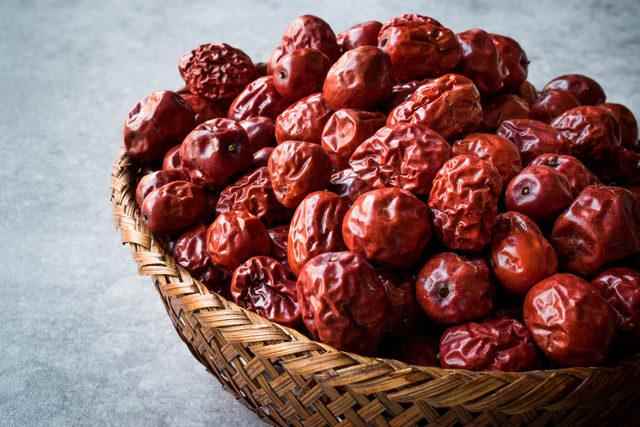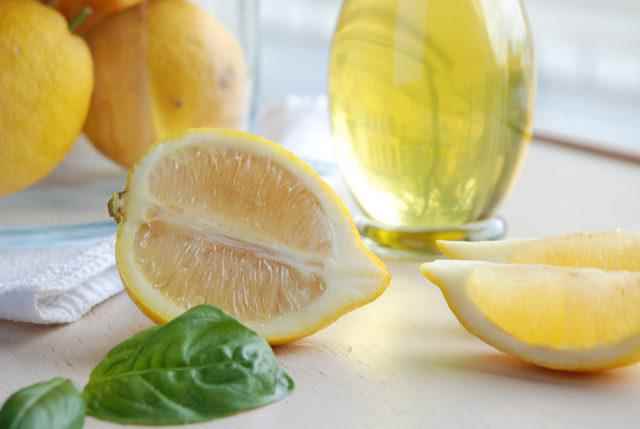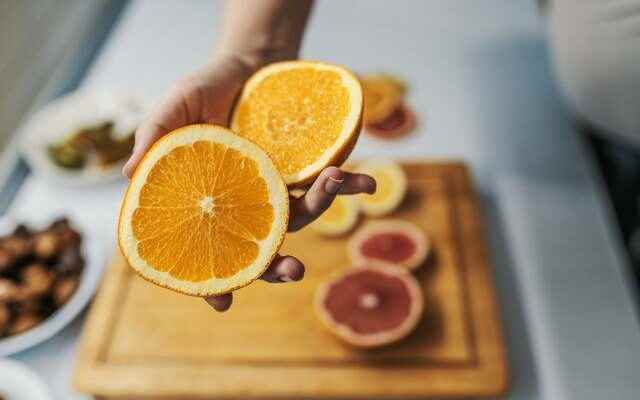Vitamin C is vital for human health. In case of vitamin C deficiency, your body becomes vulnerable to diseases. You may have to deal with frequent infectious diseases. In case of vitamin C deficiency, bruising, bleeding gums, non-healing wounds may occur in the body.
Vitamin C is a type of vitamin that the human body needs to form the collagen protein found in blood vessels, cartilage, muscles and bones. Vitamin C is of great importance for the formation of tissues, as well as for the healing process of the body after various injuries. Ascorbic acid is a type of monosaccharide and is found in almost all living tissues. Vitamin C is one of the few antioxidants that can protect the body against damage from harmful molecules called free radicals, as well as pollutants such as toxic chemicals and cigarette smoke. Since it will contribute to the development of health problems such as cancer, heart disease and arthritis in the body, regular and adequate vitamin C intake with a normal diet helps to prevent these conditions.
FOODS WITH HIGH QUANTITIES OF VITAMIN C
ROSEHIP: Rosehip provides 426 mg of vitamin C per 100 grams. About six pieces of this fruit provide 132% of the daily requirement and promote healthier looking skin.

HOT PEPPER: One green pepper contains 109 mg of vitamin C, or 121% of the daily requirement. There is also evidence that the consumption of cayenne pepper can reduce the death rate.
YELLOW PEPPER: The vitamin C content of sweet or bell peppers increases as they ripen. One large yellow pepper provides 342 mg of vitamin C, which is more than double the amount found in green peppers.
MELON: Melon, which is high in fiber and a storehouse of vitamin A, is also a good source of vitamin C.
PARSLEY: Parsley is an important source of vitamin K, antioxidants and vitamin C. Eating foods rich in vitamin C can reduce your risk of cancer.
KIWI: Studies show that kiwi may have an inhibitory effect on blood platelets, which can help reduce the risk of blood clots and stroke.
BROCCOLI: Half a cup of cooked broccoli provides 51 mg of vitamin C, or 57% of the daily requirement.
BRUSSELS SPRING: Like most cruciferous vegetables, Brussels sprouts are high in fiber, vitamin K, folate, vitamin A, manganese and potassium.
LEMON: The vitamin C in lemon juice acts as an antioxidant, manifested in its ability to prevent other fruits and foods from turning black.

STRAWBERRY: One cup of sliced strawberries provides 97 mg of vitamin C, or 108% of the daily requirement. Strawberries contain a diverse and powerful blend of vitamin C, manganese, flavonoids, folate and other beneficial antioxidants.
ORANGE: One medium orange provides 83 mg of vitamin C, which is 92% of the daily requirement.
